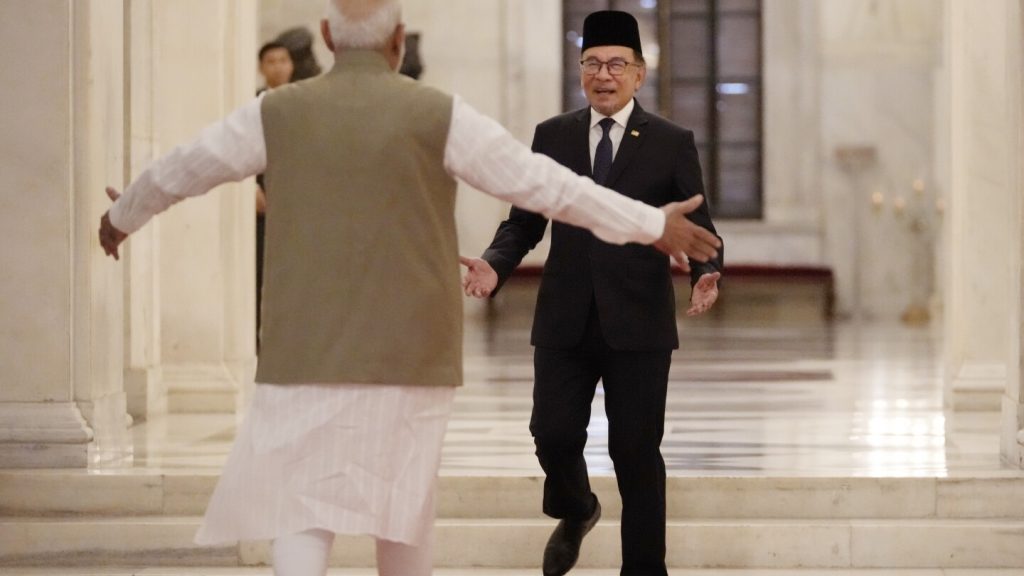During his visit, Anwar also met with leaders of India’s main opposition party, the Congress party, and was scheduled to speak at the India-Malaysia Business Forum. The two countries have also agreed to establish a high-level task force to explore ways to enhance economic, trade and investment ties. They also pledged to strengthen cooperation in education and culture. Anwar, who was imprisoned for sodomy in 2020, was released in 2022 following the change of government in Malaysia. He has since sought to improve relations with countries in the region and beyond, including India.
The visit comes at a time of geopolitical tension in the region, with India and China vying for influence in the Indo-Pacific. Both countries have been involved in border skirmishes, including a deadly clash in June 2020 that left 20 Indian soldiers dead. Malaysia has historically maintained a neutral stance in the conflict, but Anwar’s outreach to China has raised concerns in New Delhi. However, the leaders of both countries stressed the importance of maintaining peace and stability in the region, and the need for dialogue to resolve disputes.
In addition to economic and defense cooperation, the two leaders also discussed the importance of addressing climate change and cybersecurity. Modi reiterated India’s commitment to renewable energy and reducing carbon emissions, and Anwar expressed Malaysia’s support for international efforts to combat cyber threats. Both countries are members of various international organizations and have a shared interest in promoting regional stability and prosperity.
Overall, the visit of the Malaysian prime minister to India marks a significant step in strengthening ties between the two countries. The agreements signed during the visit are expected to pave the way for increased cooperation in various sectors, including technology, tourism, and defense. The leaders of both countries have expressed their commitment to deepening relations and working together to address common challenges. As geopolitical dynamics continue to evolve in the region, India and Malaysia are positioning themselves as key partners in promoting peace, stability, and economic growth in Asia.
As Anwar concludes his visit and returns to Malaysia, the focus now shifts to the implementation of the agreements signed and the potential for further collaboration between the two countries. With both India and Malaysia seeking to diversify their economic partnerships and strengthen their security cooperation, the relationship between the two countries is poised to grow in the coming years. The success of this visit will depend on the commitment of both governments to follow through on their commitments and build on the momentum generated during Anwar’s trip to India. Only time will tell how the partnership between India and Malaysia will evolve in the face of regional challenges and opportunities.


